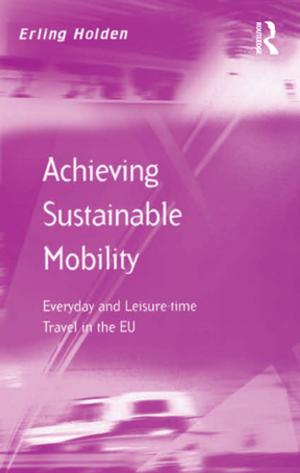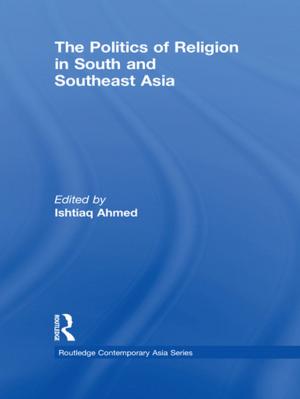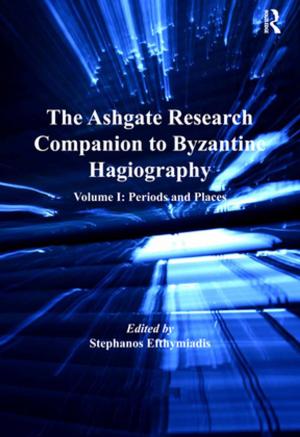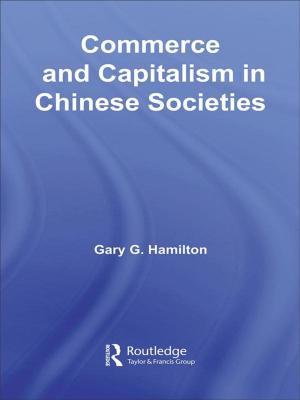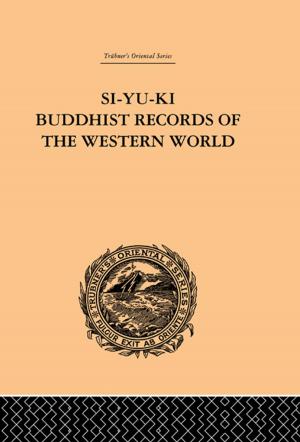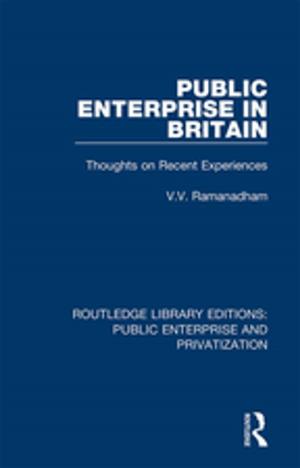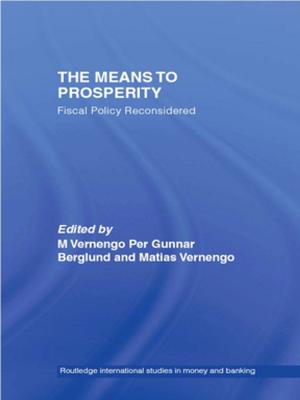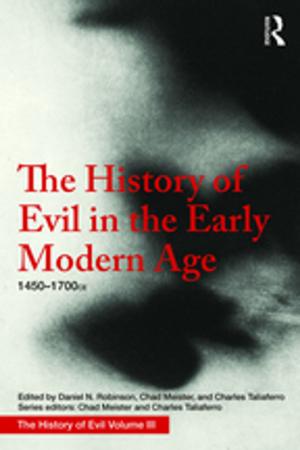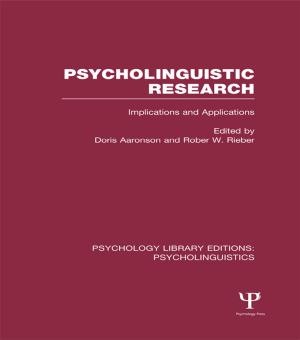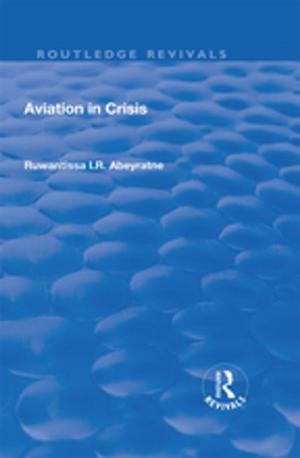| Author: | Daniel Abondolo | ISBN: | 9781136135088 |
| Publisher: | Taylor and Francis | Publication: | April 8, 2015 |
| Imprint: | Routledge | Language: | English |
| Author: | Daniel Abondolo |
| ISBN: | 9781136135088 |
| Publisher: | Taylor and Francis |
| Publication: | April 8, 2015 |
| Imprint: | Routledge |
| Language: | English |
This book provides a unique, up-to-date survey of individual Uralic languages and sub-groupings from Finnish to Selkup.
Spoken by more than 25 million native speakers, the Uralic languages have important cultural and social significance in Northern and Eastern Europe, as well as in immigrant communitites throughout Europe and North America. The introductory chapter gives an overview of the Uralic language family and is followed by 18 chapter-length descriptions of each language or sub-grouping, giving an analysis of their history and development as well as focusing on their linguistic structures.
Written by internationally recognised experts and based on the most recent scholarship available, the volume covers major languages - including the official national languages of Estonia, Finland and Hungary - and rarely-covered languages such as Mordva, Nganasan and Khanty. The 18 language chapters are similarly-structured, designed for comparative study and cover phonology, morphology, syntax and lexicon. Those on individual languages also have sample text where available. Each chapter includes numerous tables to support and illustrate the text and bibliographies of the major references for each language to aid further study. The volume is comprehensively indexed.
This book will be invaluable to language students, experts requiring concise but thorough information on related languages and anyone working in historical, typological and comparative linguistics.
This book provides a unique, up-to-date survey of individual Uralic languages and sub-groupings from Finnish to Selkup.
Spoken by more than 25 million native speakers, the Uralic languages have important cultural and social significance in Northern and Eastern Europe, as well as in immigrant communitites throughout Europe and North America. The introductory chapter gives an overview of the Uralic language family and is followed by 18 chapter-length descriptions of each language or sub-grouping, giving an analysis of their history and development as well as focusing on their linguistic structures.
Written by internationally recognised experts and based on the most recent scholarship available, the volume covers major languages - including the official national languages of Estonia, Finland and Hungary - and rarely-covered languages such as Mordva, Nganasan and Khanty. The 18 language chapters are similarly-structured, designed for comparative study and cover phonology, morphology, syntax and lexicon. Those on individual languages also have sample text where available. Each chapter includes numerous tables to support and illustrate the text and bibliographies of the major references for each language to aid further study. The volume is comprehensively indexed.
This book will be invaluable to language students, experts requiring concise but thorough information on related languages and anyone working in historical, typological and comparative linguistics.

